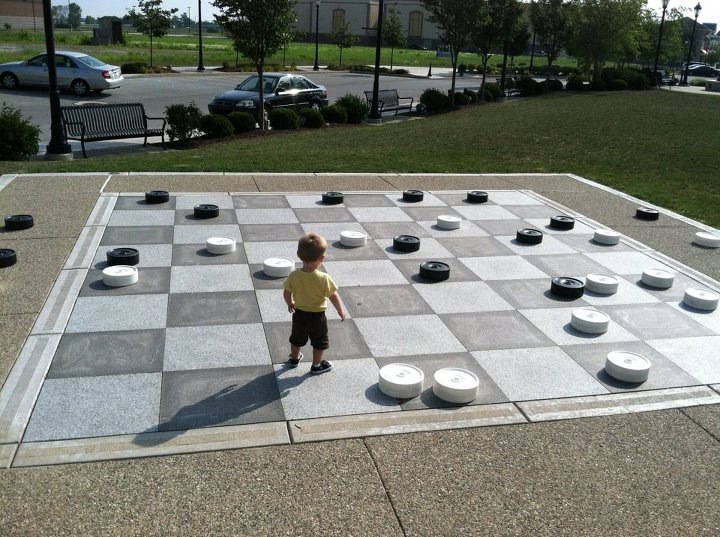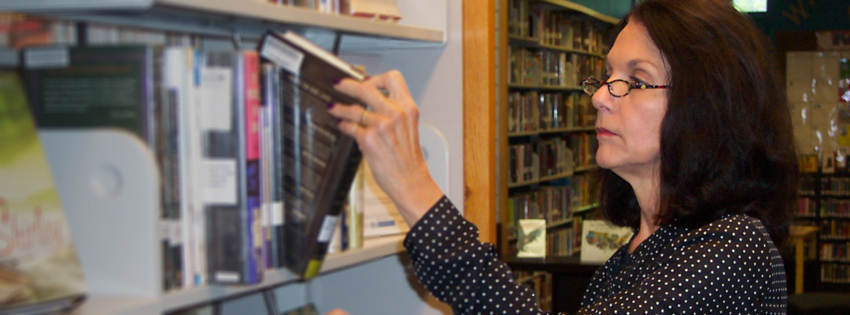Reflection is essential for deepening the understanding of content. It helps students to think about experiences, actions, and thoughts. It only takes a short writing of their thoughts for about a minute for students to reflect on a lesson. Also, periodically, during the day encourage students to write their thoughts on something they learned or questions about a subject. To move beyond a reflection, have students share their thoughts with a peer or in a small group.
As students reflect on their thoughts, they recognize their strengths and weaknesses. This enables students to be accountable for their learning.
Reflection Benefits
Including reflective writing during the day benefits the learning environment. It provides teachers with information. Students think on their own about their work. Students think about the challenges they face and the goals they’ve achieved. They see where and how to further their learning. Reflective thought and writing help students develop a growth mindset. It also helps to build resilience. It is best to begin with open-ended questions and a structured reflection.
Open-ended questions give students a chance to think deeply with no right or wrong answer. Open-ended questions also give students more thoughts to build on what they already know. They help students to connect new information with previous learning. Thus, students plan a new direction to meet their goals.
Effective Questions
Effective questions connect to inquisitive minds. It is necessary to be specific about the question. A clear question is important and leads to good writing. It is also important to use words that build cooperation and not competition.
Questions encourage natural curiosity and lead students to think for themselves. With time, students develop the ability to examine their work. Reflection enables students to recapture their experience, ponder it, and evaluate what they’ve done and what they learned. They shift their focus from grades to the process of learning.
Reflection builds a mindset for resilience, perseverance, and lifelong learning. By creating reflection opportunities, students develop the skills to function in today’s world.



